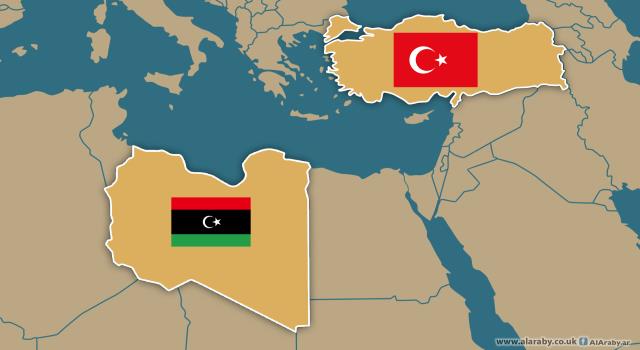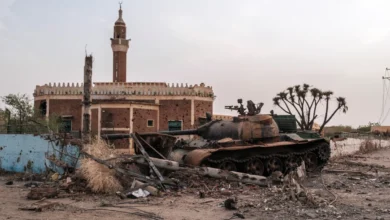How the UAE Is Blocking the Libya–Turkey Maritime Deal

The 2019 Turkey–Libya maritime memorandum of understanding (MoU)—signed by Tripoli’s Government of National Accord—was a geopolitical earthquake. By delineating a Turkish-Libyan Exclusive Economic Zone (EEZ), it threatened to re-shape gas and maritime stability across the Eastern Mediterranean, directly challenging Egypt and Greece. Although the Tobruk-based House of Representatives initially rejected the pact, precise language in the UN’s registry meant its dispute was suspended—keeping the agreement alive despite ongoing contention.
UAE’s Strategic Threat Perceived
The UAE views the MoU as a geopolitical threat. Turkish naval and energy development in Libyan waters could undercut Abu Dhabi’s strategic partners—Egypt and Greece—threatening pipelines, gas-sharing pacts, and maritime influence. As revealed by think tanks and investigative reporting, including Insight Turkey and the European Council on Foreign Relations, Abu Dhabi viewed the deal as part of Ankara’s “expansive” doctrine of maritime power projection .
Lobbying from Cairo and Abu Dhabi
Cairo has formally asked Washington to pressure Haftar to block the deal, reportedly via US envoy Massad Boulos in direct contact with Haftar. Behind these public moves lies a quieter UAE-orchestrated campaign: diplomats in Tripoli and Cairo applying pressure on Haftar’s military elite—long aligned with Abu Dhabi since 2014—to ensure Haftar remains hostile to Turkish outreach .
Diplomatic Pressure at Regional Fora
Beyond bilateral moves, UAE representatives allegedly worked behind the scenes at international forums—the Non-Aligned Movement in New York and various Arab League sessions—lobbying to exclude support language for Libya’s maritime expansion and suppress any attempts to legitimize the deal. Regional delegates report that the UAE aimed to “avoid describing the Turkish-backed coalition as progressive or stabilizing,” reframing it instead as a threat to Gulf interests—all without naming the move publicly .
Haftar Under UAE’s Sphere
Khalifa Haftar’s Libya National Army (LNA) has received sustained military, financial, and political support from the UAE since 2014. Reports from UN panels and diplomatic cables indicate that Abu Dhabi hoped to install an anti-Ankara frontline through Haftar’s authority. That influence remains relevant: eastern parliamentarians are influenced not by Libya’s populace but by these geopolitical backers, who have a vested interest in halting the maritime deal .
The Alternative Axis: Egypt–Greece–UAE
In response to the Turkey–Libya MoU, Egypt and Greece signed their own maritime agreement in 2020. The UAE joined their joint communiqué condemning Ankara’s Libyan pact as “illegal” and a breach of the Law of the Sea. Since 2020, the UAE expanded naval exercises—like Medusa-10—to reinforce Mediterranean deterrence alongside Cairo and Athens Responsible Statecraft.
Stakes: Regional Realignment vs Libya’s Autonomy
If Haftar’s parliament ratifies the MoU, the deal would undermine the Cairo–Athens–Abu Dhabi axis and deepen Libya’s drift toward Ankara. Not only would it open energy exploration routes for Turkey, but it could also legitimize Ankara’s wider Eastern Mediterranean ambitions, increasing regional tensions.
Conclusion: UAE’s Shadow Diplomacy
Abu Dhabi’s campaign is a textbook case of Gulf-scale “quiet hard power”: lobbying, diplomatic pressure, and behind-the-scenes influence to direct regional outcomes. The Turkey–Libya maritime deal sits at the confluence of energy politics, military alliances, and regional balance—making it an ideal battleground for UAE geopolitical strategy.
As pressure mounts on Haftar and his allies, Libya stands at a crossroads. Will it remain under Gulf influence, or will the Eastern Mediterranean maritime space re-open—paving the way for Turkish-led energy development? Abu Dhabi’s clandestine moves could determine the region’s next big pivot.




